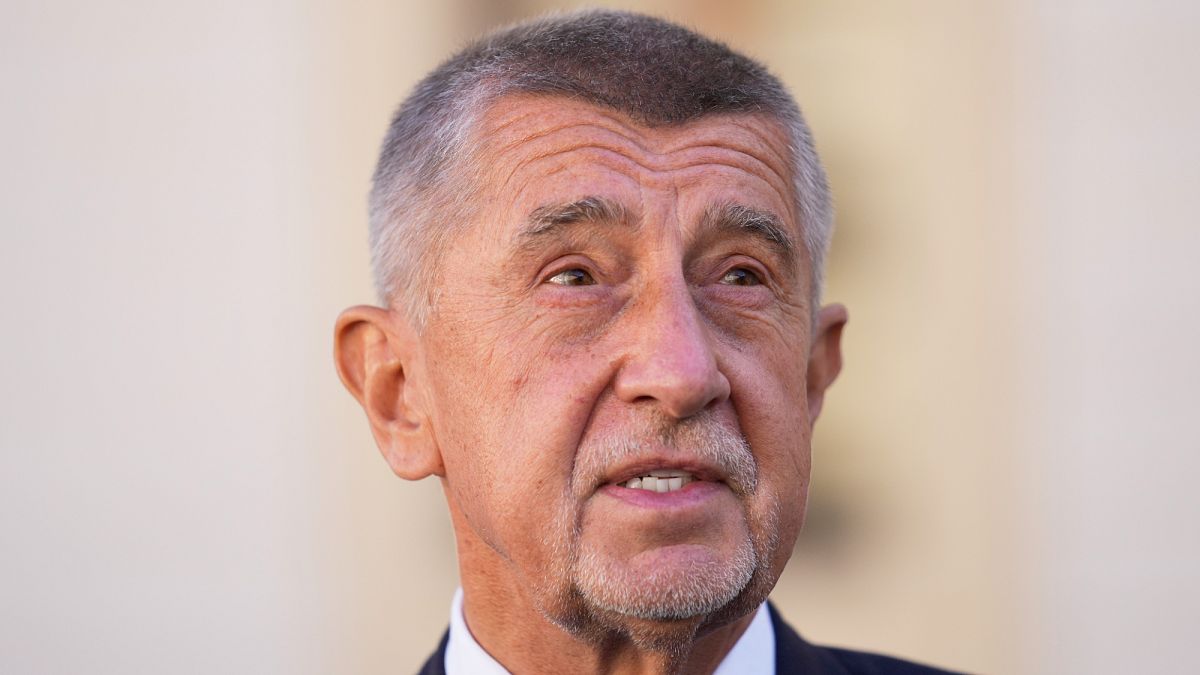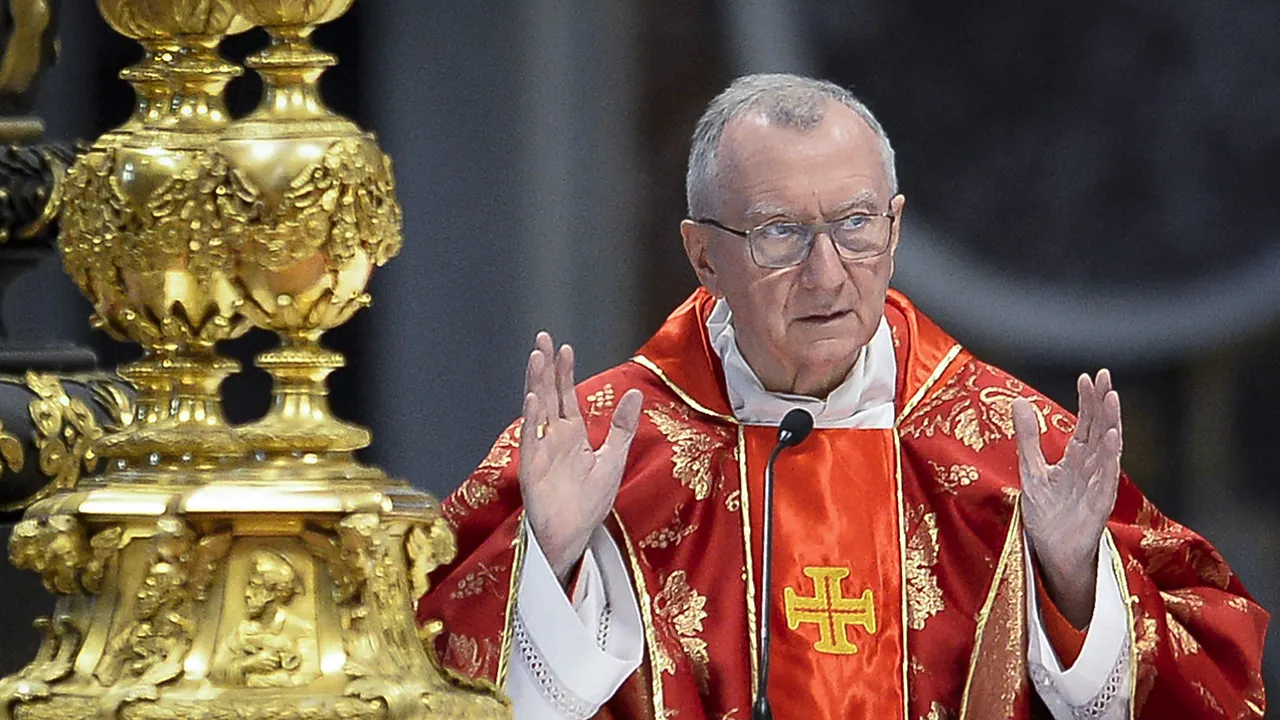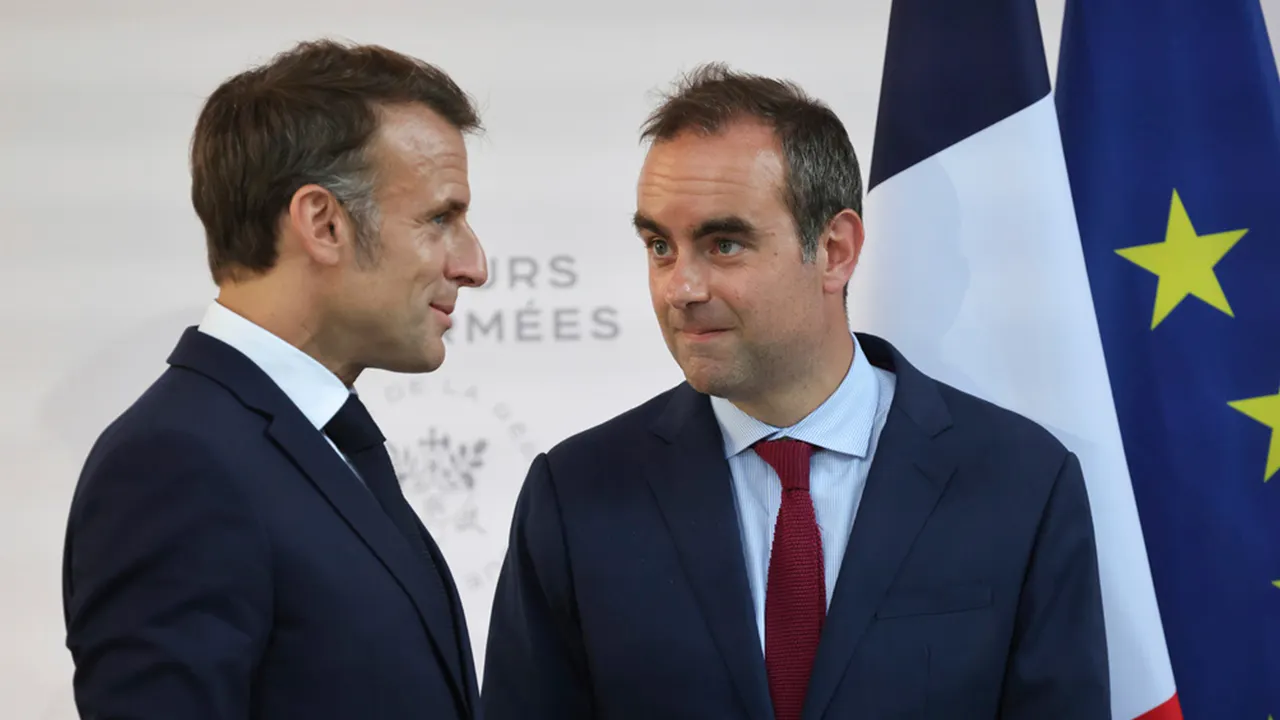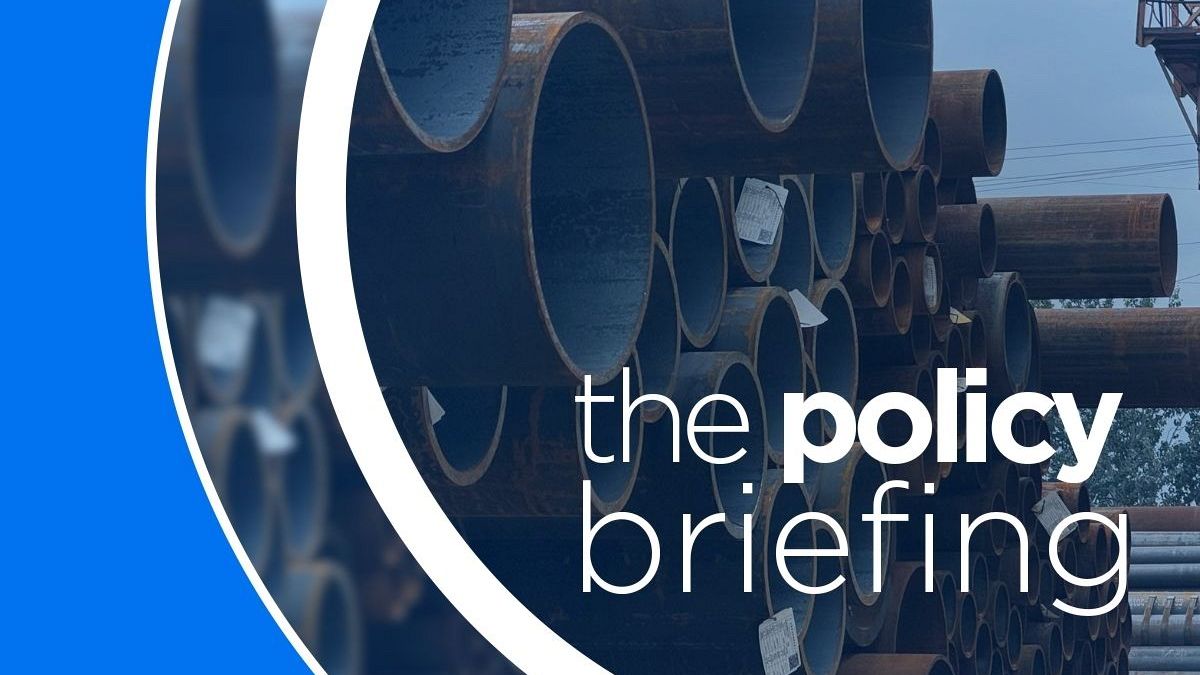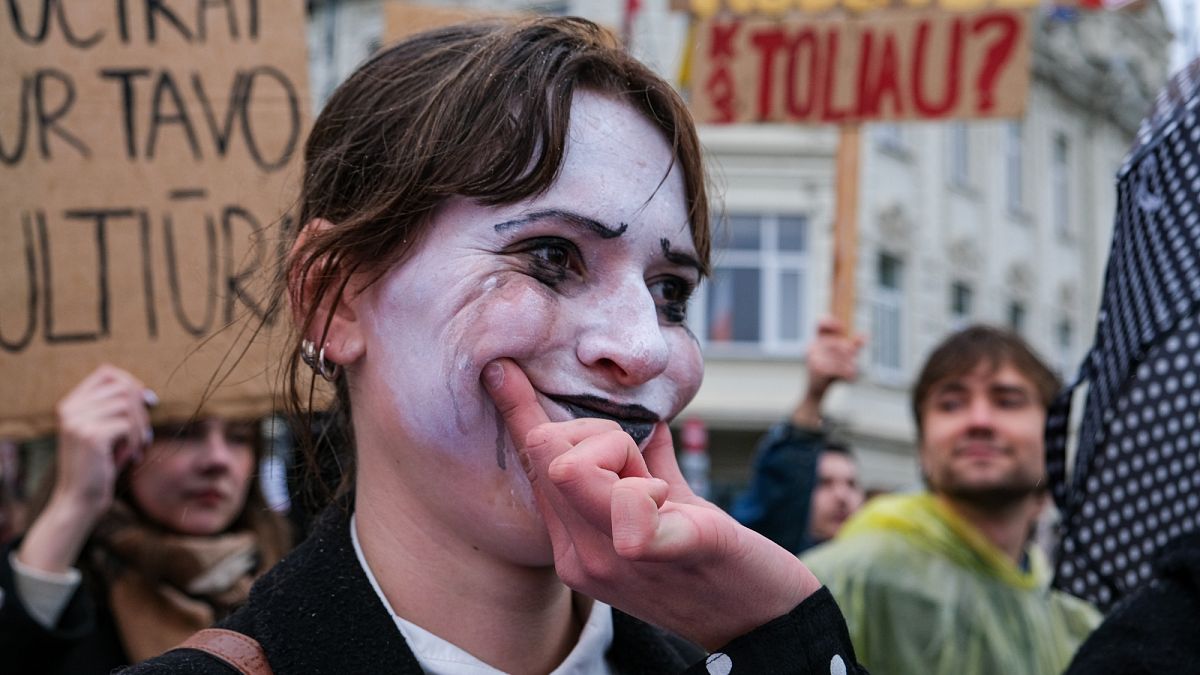ADVERTISEMENT
Czech billionaire businessman Andrej Babiš is expected to move to form a government in Prague after his catch-all ANO party won 35 % of the votes at the general elections, in a significant political shift for central and eastern Europe as well as the EU as a whole.
Babiš does not have a majority alone in the parliament, and he is likely to open coalition talks with the anti-Green Deal Motorists for Themselves and the anti-immigrant Freedom and Direct Democracy party, or attempt to form a minority government.
The European political scene is now gauging to what extent the former Czech prime minister’s election campaign statements and political views will turn into concrete action and in which direction.
Euronews reached out to political analyst Jiří Pehe, the director of the New York University in Prague, and to Dániel Hegedűs, the regional director of the German Marshall Fund of the US, to discuss the potential shift in EU-Czech relations in case of Babiš becoming the Czech Republic’s new prime minister.
‘No Czexit in sight, more anti-EU rhetoric expected’
Both experts said that, despite calls from the far right for a referendum on the country’s EU and NATO membership, Babiš is committed to maintaining the euro-Atlantic ties.
“Babiš has said very clearly that he does not want to leave the European Union and NATO, and he’s even refusing a referendum on Czexit and on leaving NATO, which really puts him on a collision course with the Freedom and Direct Democracy Party, which is demanding a referendum,” Jiří Pehe said.
Pehe sees the politician to be more pragmatic in the European Union than Hungary’s PM Viktor Orbán or Slovakia’s Robert Fico. He reminded that Babiš has many companies in western Europe which receive EU subsidies.
“He doesn’t want to go into an open war with the European Union. So we will probably see a lot of anti-EU rhetoric and criticism at home, but when he goes to Brussels, he will not create the same kinds of conflict that we see in the case of Orbán, for example,” Pehe said.
Hegedűs agreed that Babiš will insist on his country’s membership in the EU and NATO, adding that the Czech politician has no far-right mindset.
“Babiš is not necessarily someone with very pro-Russian or pro-Chinese policies. He’s not an ideologue. He doesn’t even necessarily have a far-right mindset,” Hegedűs said.
In Hegedűs’ words, Babiš is “a populist entrepreneur, both in a political and business sense, and most of his business interests are in western Europe.”
President Petr Pavel, who must approve the future cabinet according to Czech law, has already stated that he will not endorse any ministers questioning the country’s EU membership.
A possible Orbán-Babiš axis to challenge Brussels
Hungary’s right-wing, eurosceptic PM Orbán welcomed Babiš’ election victory. The two politicians are friends and political allies, and their parties sit in the same European Parliament political group, Patriots for Europe (PfE).
If Babiš succeeds in forming a government, the PfE would have two prime ministers at the European Council.
Hegedűs estimated that the expectations that Babiš could form a central European alliance with Orbán and Slovakia’s Fico to slow down future EU decision-making are half-guaranteed.
“Of course, we know that Babiš has a critical position about certain EU policies, particularly the EU accession of Ukraine, providing further support to the country,” Hegedűs said.
“Or the exiting of internal combustion engine cars by 2035. So there will be a certain blockade expected from the Czech side,” he added.
Pehe stated that Babiš could also emulate Orbán’s tactics to curb the independence of the Czech public broadcaster, but the comparison stops here, as Pehe does not think “he can go as far as Orbán or Fico.”
Yet, according to Pehe, Babis could protect his ally Orbán from potential sanctions with his veto.
“As for his cooperation with Orbán, yes, he has confessed for a long time that Orbán is his ally and that he is inspired by Orbán,” Pehe said.
“But certainly, if there were a vote in the European Council on for example, suspending the voting rights of Hungary, where you need unanimity, Babiš would block it.”
Support for Ukraine likely to remain a priority
Pehe said Babiš is unlikely to follow Orbán’s stance on Russia and Ukraine and would support further sanctions against Moscow, and that Babiš is clearly not anti-Kyiv.
“Babiš is not anti-Ukrainian,” Pehe stated.
“I think he basically used the Ukrainian card mainly to attract a certain segment of voters when he was saying: ‘We should not be spending so much on Ukraine because we need the money for our own people’ So that was basically a populist call, but at the same time, he is not overly pro-Russian,” he explained.
As Prague has already stopped Russian energy imports, Babiš as prime minister would now have a free rein over his policies when it comes to Russia. Furthermore, he is expected to be more pragmatic with Czech decisions on Ukraine.
“During the electoral campaign, he was saying he wants to cancel the Czech Ammunition Initiative of the outgoing government. But now it seems that he is changing his tone, and he says, well, maybe we don’t have to cancel it, maybe just change it,” Pehe said.
“And this is typical Babiš, because he now sees that there may be an opportunity for him and for his companies as well,” he explained.
Hegedűs agreed on this point of ammunition support for Ukraine, expecting a pragmatic decision from Prague, as the scheme could benefit Czech industries.
“The Czech ammunition industry and defence industry are benefiting a lot from these purchases in the framework of this ammunition scheme,” he said. “And Babiš being a businessman, I could hardly imagine the Czech Republic completely drawn from that setup.”
“It might be the case that the Czech budget is not dedicating extra resources, and I don’t see why, actually, Babiš would break that very fruitful business scheme for the Czech defence sector,” Hegedűs stated.
EU’s Green Deal to be criticised as well
Another area where the Czech Republic could be more critical of the EU is the Green Deal, which aims to phase out internal combustion car production by 2035.
“We consider the importance of the car industry for the Czech economy, representing approximately 10% of the country’s GDP and 25% of its exports,” Pehe said.
“Then we can understand why it’s becoming such a central issue for a part of the Czech population as well.”
“However, from an individual perspective, what I would add is that this is not necessarily what would keep the Czech car industry competitive in the future,” Pehe explained, adding that most of the car manufacturers in the country are producing electric cars.
Earlier, Europe’s largest carmakers lobbied the European Commission to water down the rules coming their way in 2035.
Read the full article here







